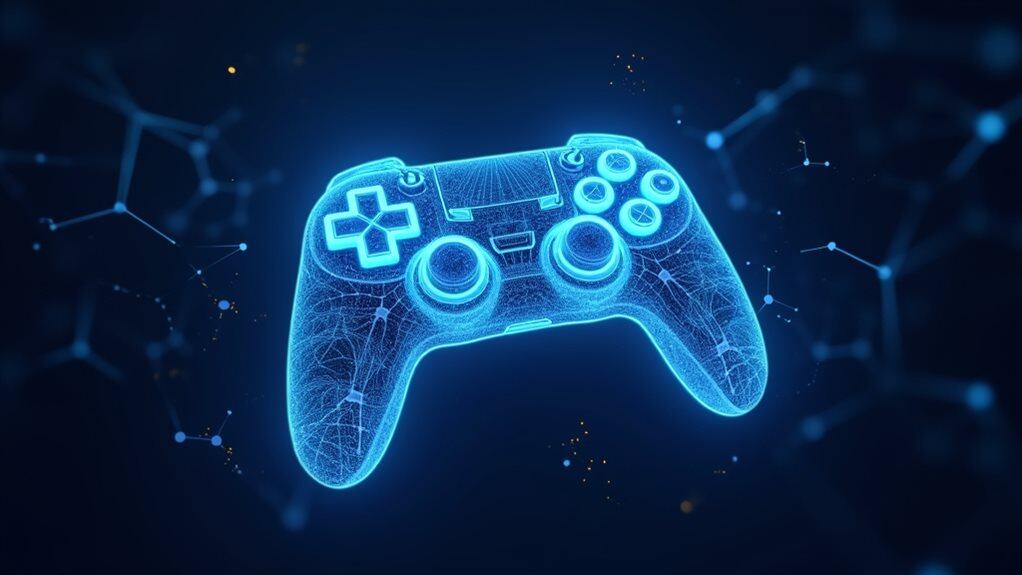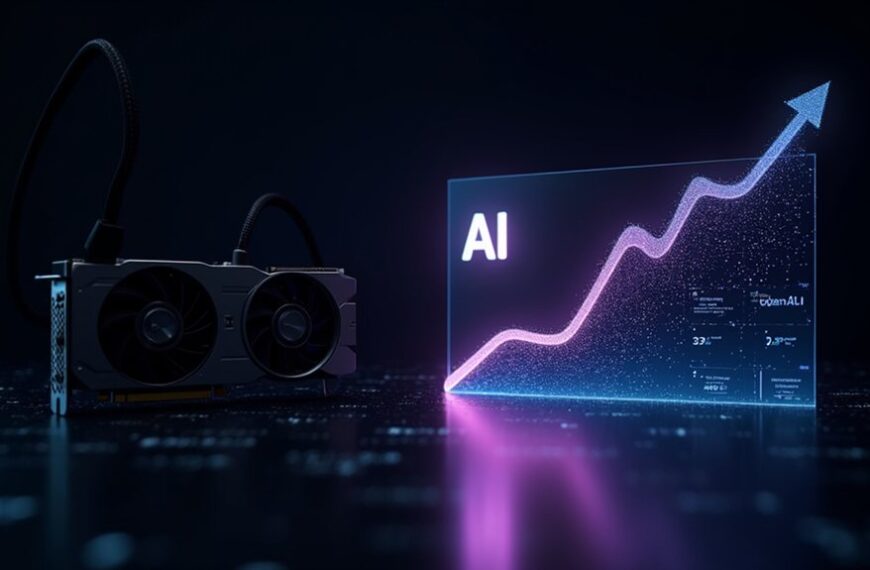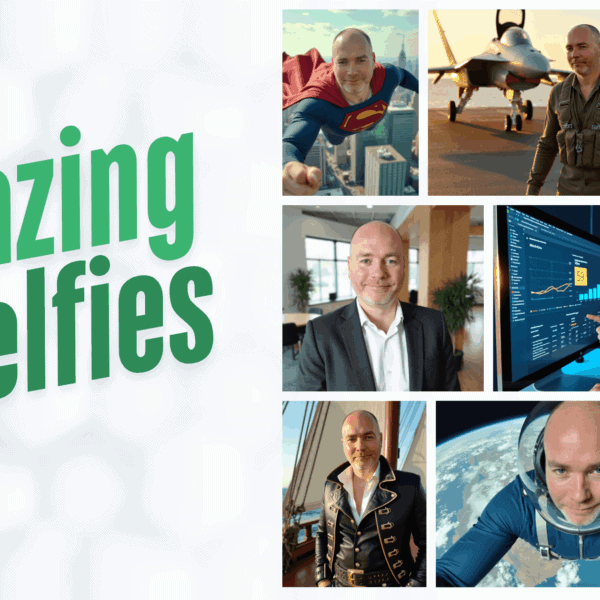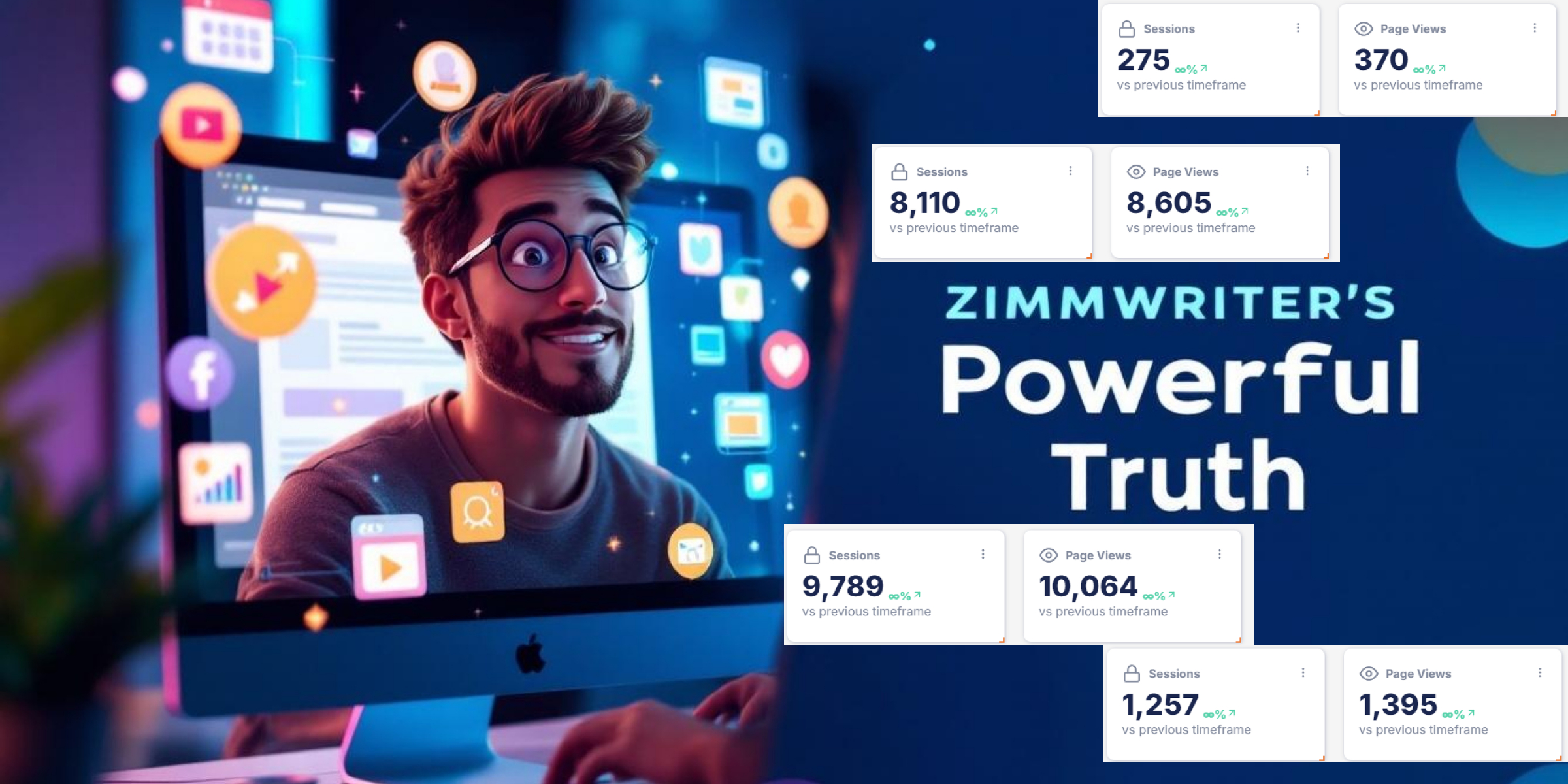AI-generated video games are transforming the industry by creating immersive experiences with less human input. While development costs may decrease considerably, most gamers (about 60%) remain neutral about AI's involvement in game creation. They care more about quality than production methods. AI enables dynamic environments that adapt to your playstyle, though concerns about creative authenticity and job displacement exist. The future likely requires a thoughtful balance between AI capabilities and human creativity to earn player trust.
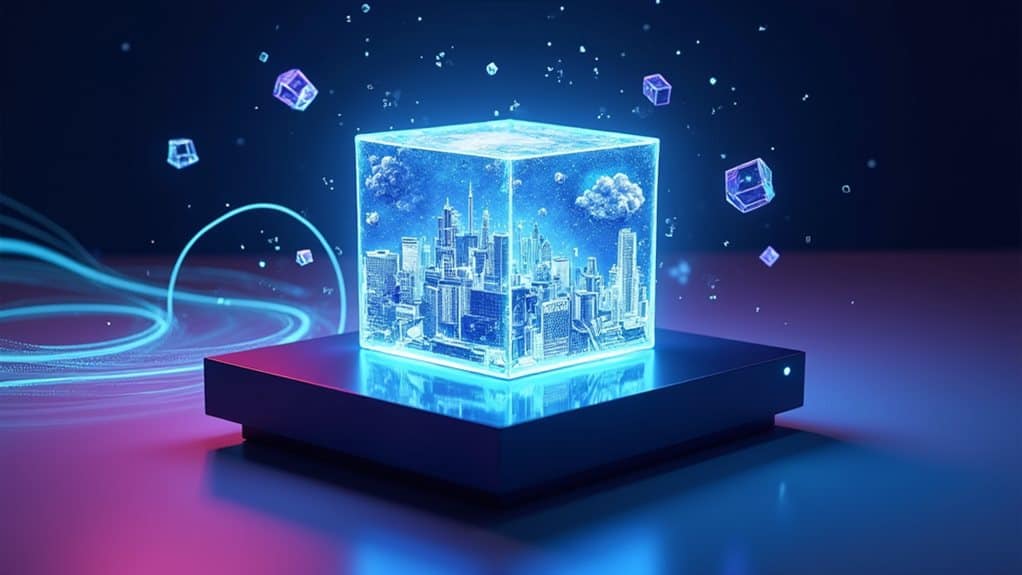
Many video game developers are now turning to artificial intelligence to create entire games from the ground up. This technological shift allows AI to generate game environments, non-player characters, and even complex narratives without extensive human input. The capabilities of generative AI in game development continue to expand rapidly, offering new possibilities for creating dynamic, responsive gaming experiences.
AI now fuels the creation of complete games, generating environments, characters, and narratives with minimal human intervention.
You'll soon experience games that adapt to your playstyle in real-time. AI systems can analyze how you interact with the game world and adjust difficulty, challenges, and even storylines to match your preferences. This level of personalization wasn't possible with traditional development methods. Modern games increasingly implement dynamic difficulty adjustment based on player performance metrics to ensure optimal challenge levels.
The economic impact of AI in game creation can't be overlooked. Development studios can reduce costs considerably by automating content generation that previously required teams of artists and designers. Games that once took years to develop might now reach completion in months.
Despite these advancements, most gamers remain neutral about AI's role in game development. Your purchasing decisions likely won't be influenced by whether AI helped create a game—you care more about the final product's quality and enjoyment factor. Approximately 60% of gamers maintain this neutral stance as long as the overall game quality meets their expectations.
The technology enables procedural generation on a scale never seen before. Rather than hand-crafting each level, AI algorithms can create diverse game worlds with minimal designer input. These environments can evolve based on your actions, creating truly dynamic gameplay experiences.
Publishers face a delicate balancing act when implementing AI. They must clearly communicate how they're using the technology to maintain your trust. Misleading messaging about AI's role in game development could damage player relationships and brand reputation.
Game balance, traditionally a challenging aspect of development, benefits from AI systems that can test thousands of scenarios quickly. The technology identifies potential issues and suggests adjustments to guarantee fair and enjoyable gameplay.
While the future of AI-generated games looks promising, the industry still grapples with concerns about creative authenticity and potential job displacement. The most successful implementations will likely combine AI efficiency with human creative direction to deliver games that feel both innovative and authentic.
Frequently Asked Questions
Will Ai-Generated Games Be Cheaper Than Traditional Video Games?
AI-generated games may not necessarily be cheaper for you as a consumer.
While developers can save 4-15% on AAA game budgets through automated asset creation and content generation, these savings don't always translate to lower retail prices.
Instead, you'll likely see companies reinvesting these savings into innovation, creating more complex gameplay experiences.
For smaller studios, AI tools will make high-quality game development more economically viable, potentially increasing market competition rather than reducing prices directly.
Can Players Modify or Customize Ai-Generated Game Content?
Yes, you can modify AI-generated game content, though with some limitations.
Current tools like Runway and LumaLabs allow you to transform existing visuals through image-to-video technologies. These modifications are primarily pre-rendered rather than fully playable.
Legal considerations remain unclear, as copyright issues aren't fully resolved. As technology advances, you'll likely see more options for real-time customization and deeper modifications, similar to traditional modding communities but enhanced by AI capabilities.
How Will AI Impact Game Developer Jobs?
You'll see AI reshaping game development in mixed ways. Some developers will lose jobs as AI automates art creation and repetitive coding tasks.
However, you'll also find new roles emerging that focus on AI training and implementation. Your skills may need updating as responsibilities shift toward working alongside AI tools.
Companies are using AI to increase efficiency and reduce costs, potentially decreasing crunch time but raising valid concerns about job security and creative control.
Will Ai-Generated Games Have Copyright or Ownership Issues?
Yes, AI-generated games will face significant copyright and ownership challenges.
You'll encounter unclear legal frameworks, as current copyright law doesn't adequately address AI-created content.
The US Copyright Office won't grant protection to AI-generated works without substantial human input. Your game might inadvertently infringe existing copyrights if it replicates protected elements.
To protect yourself, implement detailed EULAs, document human contributions to AI-assisted work, and consider consulting IP lawyers before releasing AI-generated games.
Can AI Create Competitive Multiplayer Games With Balanced Gameplay?
Yes, AI can definitely create balanced competitive multiplayer games.
You'll find that AI excels at dynamic difficulty adjustment, analyzing player performance data in real-time to guarantee fair challenges.
AI-enhanced NPCs can provide intelligent opposition that adapts to your skill level, while procedural content generation keeps gameplay experiences fresh and unpredictable.
The integration of real-world data allows AI to mimic authentic team dynamics and create sophisticated matchmaking systems that pair you with appropriately skilled opponents.
